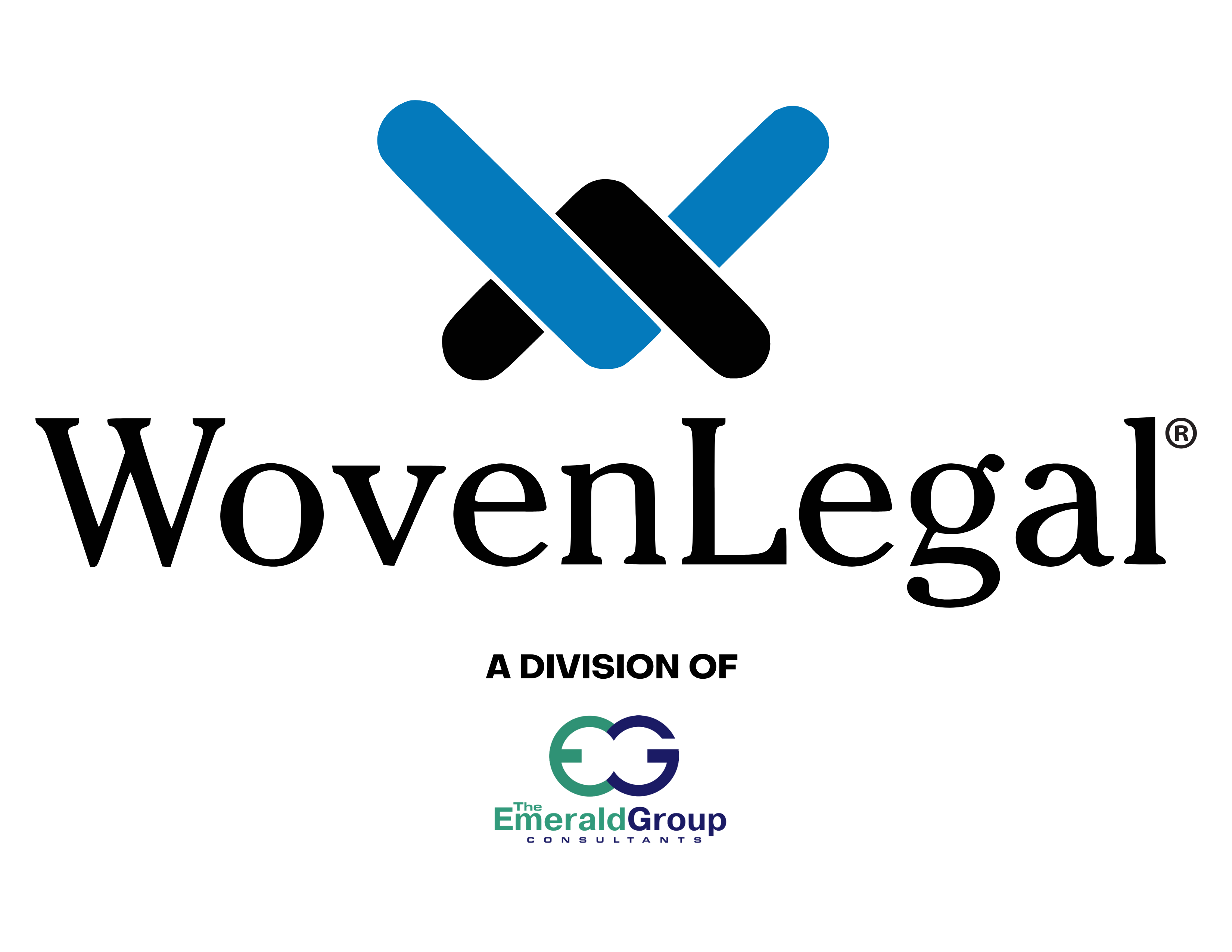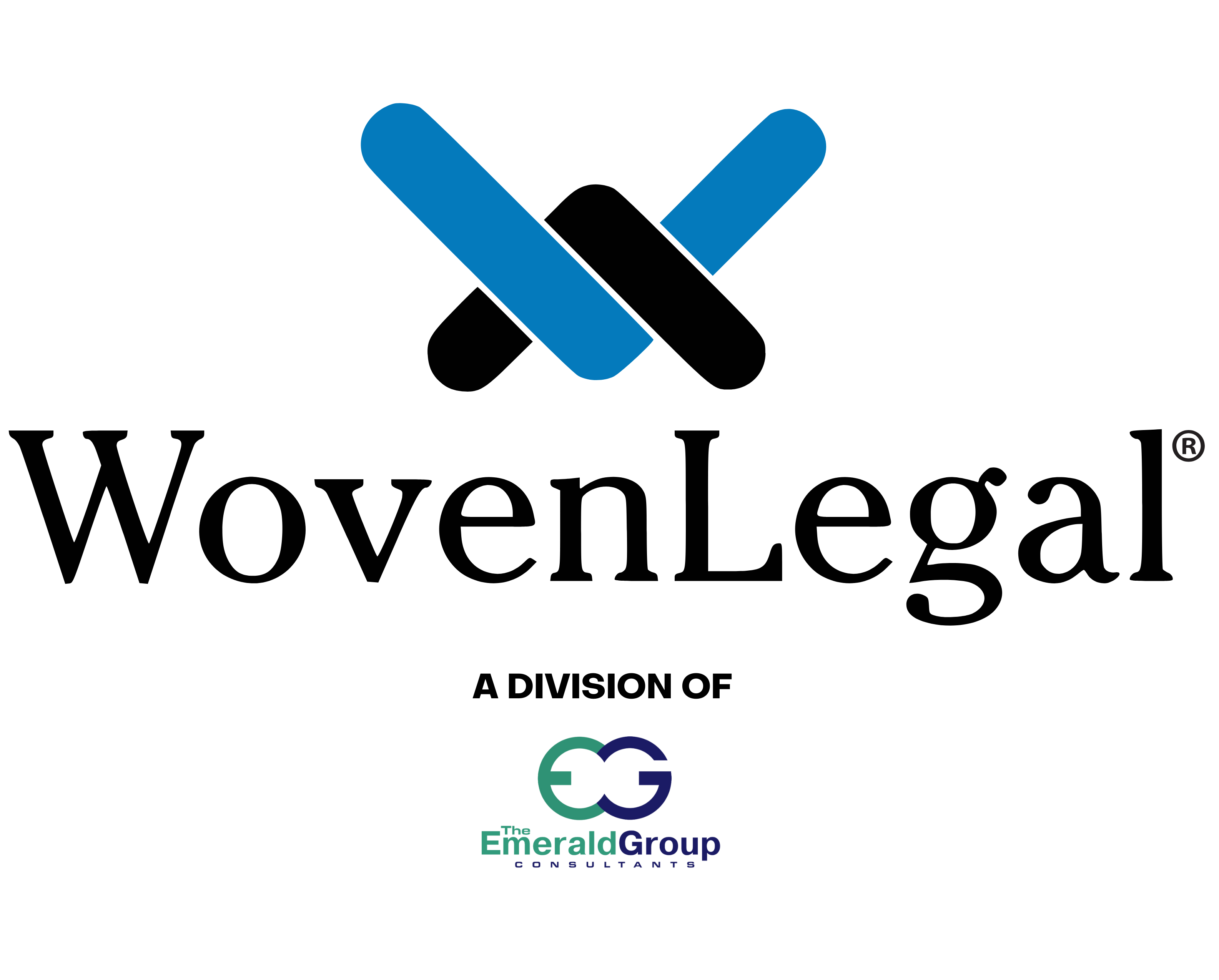I don’t know about you, but many days, I just yearn for the way things used to be—the way they should be. For instance, I miss my Franklin Planner, postcards (although I still send them!), and a big pot of coffee! But the pressure to remain competitive and optimize time has pushed me to use Google Calendar, emails, and a Keurig.
Law firms are no strangers to clinging to traditional tools and processes to keep business moving forward. But, the reality is that moving forward is not the same as getting ahead. Today’s legal landscape demands efficiency, and sticking to old methods can lead to burnout, bottlenecks, and lost revenue. Fortunately, automation offers a way to maintain high-quality legal work while reducing the administrative burdens that slow firms down.
If your firm is feeling the weight of time-consuming tasks but isn’t in a position to hire more staff, automation might be the key to working smarter, not harder.
Why Law Firms Need Automation
Attorneys and legal support staff often find themselves bogged down by repetitive, low-value tasks. While necessary, these tasks don’t contribute directly to legal strategy or client advocacy. Inefficiencies can drain time, lower profitability, and lead to overworked teams.
The Benefits of Automation in Law Firms
- Increased Productivity – Automation frees up attorneys and staff to focus on billable work.
- Higher Profitability – More efficiency means better margins and reduced overhead.
- Improved Accuracy & Compliance – Automation minimizes human error in document drafting, filing, and deadline tracking.
- Better Client Experience – Faster responses and smoother processes improve client satisfaction and retention.
- Scalability – Firms can take on more work without the burden of hiring additional staff.
What Can Law Firms Automate?
While legal work itself requires expertise and judgment, many aspects of firm operations can be streamlined through automation. Here are key areas where automation can help:
1. Document Automation
Manually drafting contracts, pleadings, and engagement letters wastes valuable time. Document automation tools allow firms to generate templates, auto-fill case details, and create polished documents in seconds.
Tools to consider:
- Clio Draft – Helps automate document creation within the Clio legal management system.
- HotDocs – A powerful tool for generating complex legal documents.
- Gavel – No-code document automation that enables firms to create workflows and generate client-facing documents efficiently.
- Documate – Ideal for firms looking to create interactive document workflows.
Gavel, in particular, stands out for its user-friendly, no-code automation, allowing firms to build self-service tools for clients and automate internal document processes.
2. Client Intake & Onboarding
Manually collecting and processing client information is time-consuming. Automated intake forms, CRM integrations, and e-signature tools can streamline the onboarding process.
Tools to consider:
- Typeform or Jotform – Custom client intake forms that feed directly into your CRM.
- Clio Grow – Manages client intake, automates follow-ups, and integrates with case management systems.
- DocuSign – Allows clients to sign engagement agreements electronically.
3. Scheduling & Appointment Management
Back-and-forth emails to schedule meetings waste valuable time. Automated scheduling tools sync with calendars and allow clients to book consultations with ease.
Tools to consider:
- Calendly – Lets clients schedule meetings based on real-time availability.
- Microsoft Bookings – Ideal for law firms using Microsoft Office 365.
- Acuity Scheduling – Customizable booking options with payment processing features.
4. Time Tracking & Billing
Billing is one of the most critical yet tedious aspects of running a law firm. Automating time tracking, invoicing, and payment reminders ensures lawyers get paid faster and more accurately.
Tools to consider:
- Clio Manage – Tracks billable hours, generates invoices, and integrates with accounting software.
- TimeSolv – A cloud-based billing solution for law firms.
- LawPay – Facilitates secure online payments and integrates with legal billing systems.
5. Case Management & Workflow Automation
Manually tracking case progress, deadlines, and document approvals can lead to errors and missed opportunities. Case management software automates workflows, reducing administrative burden.
Tools to consider:
- PracticePanther – A comprehensive legal case management system with workflow automation.
- Smokeball – Offers automatic time tracking and case organization for small firms.
- MyCase – Provides case management with built-in billing and document storage.
6. Legal Research & Compliance
Legal research is often time-intensive, but automation tools can streamline the process by pulling relevant case law, statutes, and regulations faster than manual searches.
Tools to consider:
- Westlaw & LexisNexis – AI-powered legal research platforms.
- Casetext – Uses AI to analyze briefs and suggest relevant case law.
7. Email & Marketing Automation
Staying in touch with clients and leads is crucial for business development. Automating email follow-ups, newsletters, and social media updates helps firms maintain consistent communication.
Tools to consider:
- Mailchimp – Automates email marketing campaigns.
- HubSpot – Combines CRM and marketing automation for law firms.
- LinkedIn Sales Navigator – Helps firms identify and engage with potential clients.
How to Implement Automation in Your Law Firm
Step 1: Identify Bottlenecks
Before adopting automation, assess which tasks are slowing down your firm. Are attorneys spending too much time on billing? Are paralegals buried in paperwork? Identifying inefficiencies helps prioritize automation efforts.
Step 2: Choose the Right Tools
Not every tool is necessary for every firm. Select automation software based on your practice area, budget, and existing technology stack.
Step 3: Train Your Team
Automation is only effective if your team knows how to use it. Provide training to ensure smooth adoption and integration into daily workflows.
Step 4: Monitor and Optimize
Regularly assess the impact of automation. Are cases moving faster? Are clients more satisfied? Use metrics to refine and improve automated processes over time.
Will Automation Replace Legal Jobs?
A common concern is that automation will eliminate legal jobs. However, automation is not about replacing attorneys or paralegals—it’s about enabling them to do their jobs more effectively. Instead of spending hours on administrative work, legal professionals can focus on higher-value tasks such as case strategy, client advocacy, and business development.
Law firms that embrace automation position themselves for long-term success by reducing burnout, improving efficiency, and increasing profitability—all without adding to their payroll.
Conclusion: Automate to Elevate Your Law Firm
In today’s competitive legal landscape, firms that fail to innovate risk falling behind. By leveraging automation, law firms can increase productivity, reduce operational costs, and deliver better client service without hiring more people. Whether it’s document automation, case management, or billing solutions, automation allows law firms to scale smarter—not harder.
Ready to streamline your law firm’s operations? Start by identifying inefficiencies, selecting the right tools, and embracing automation to free up valuable time. The future of legal work isn’t about working harder—it’s about working smarter. At WovenLegal.com, we’re all about weaving efficiency into your practice. Let’s talk.




Comments are closed